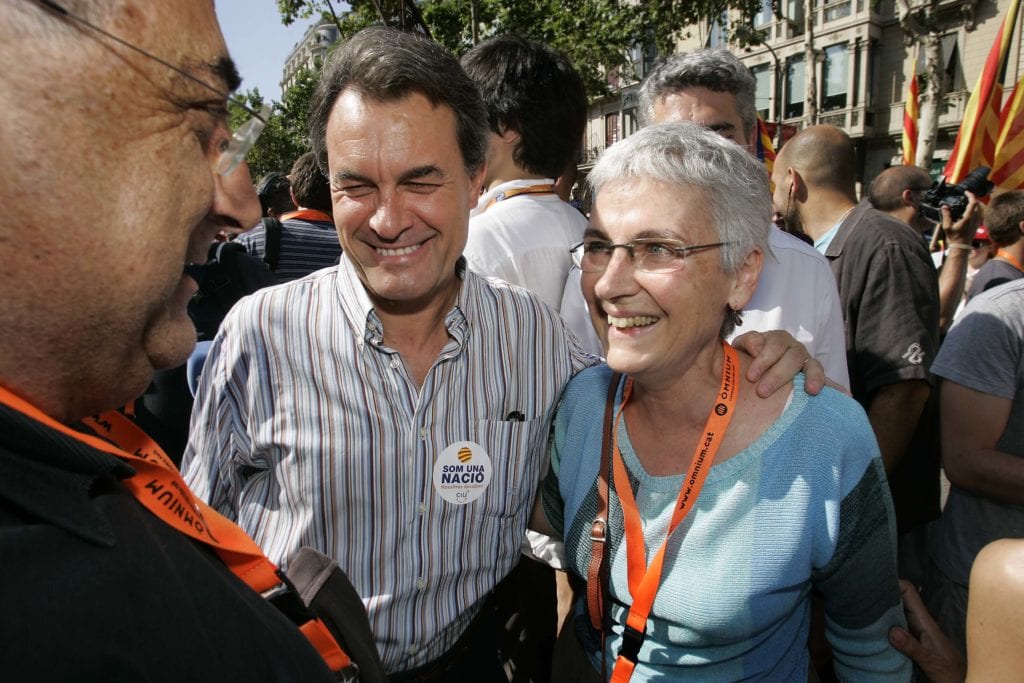Ruling Against the 2006 Statute of Autonomy

On June 28, 2010, after four years of deliberation, the Spanish Constitutional Court handed down a ruling on the 2006 Statute of Autonomy of Catalonia [Coll & ACN, 2010; Viladot, 2017; BBC, 2018]. In 2006, this statute had been passed by the Generalitat, approved by the Spanish parliament, and then ratified by a referendum in Catalonia. The statute explictly defined Catalonia as a nation, regulated its national symbols, reinforced the position of Catalan as the nation’s official language, and increased the rights of Catalonian’s by way of an empowered Catalonian High Court of Justice. However, the Popular Party, a conservative group that has, at various points, controlled the Spanish government, challenged it before the Court and had it struck down. Fourteen of the statute’s articles were rejected as unconstitutional, and 27 other articles were curtailed [Calamur, 2017]. Importantly, the Court ruled as non-binding and without effect an article that would prioritize Catalan over Spanish as well as language that described Catalonia as a nation rather than an autonomous community. Omnium Cultural, an organization that promotes the Catalan language, culture, and identity, organized a rally on July 10, 2010 [La Vanguardia, 2010]. The rally drew 1.1 million people and became a symbol of the changing relationship between the Spanish government and the Catalan community. President Artur Mas promised an independence referendum if his party won re-election to the Generalitat. Once his party won re-election in 2012, governing with the allied ERC, the referendum was announced despite threats from the Spanish government [BBC, 2018].